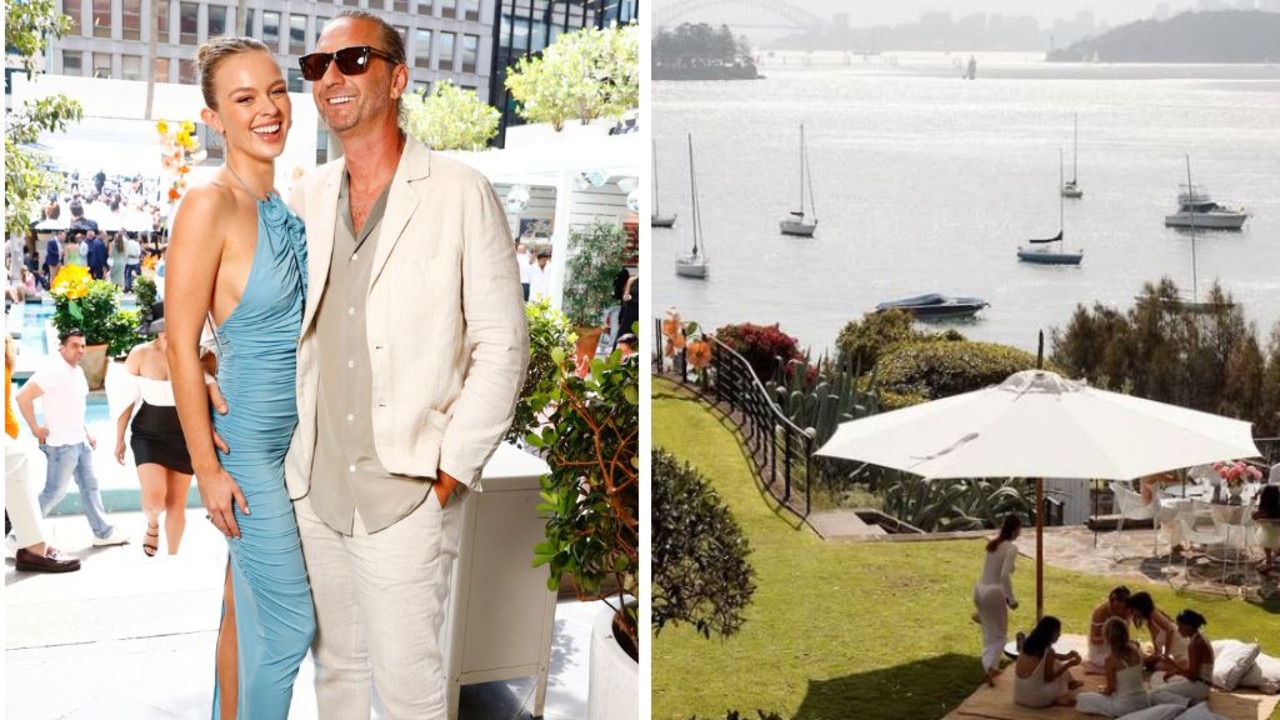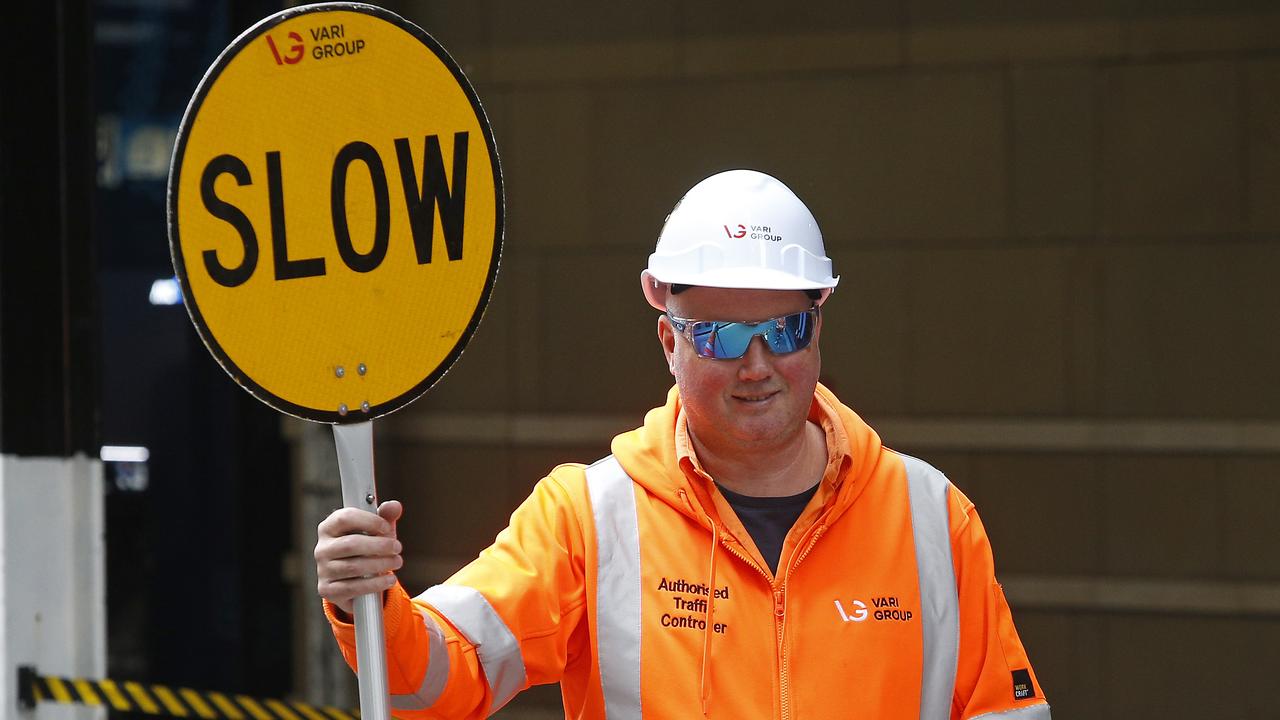Anthony Albanese pushes back as Peter Dutton calls for Voice referendum to be called off
A bruising fight over the extent of the Voice to parliament’s influence has the Opposition Leader questioning if the whole thing should just be called off.
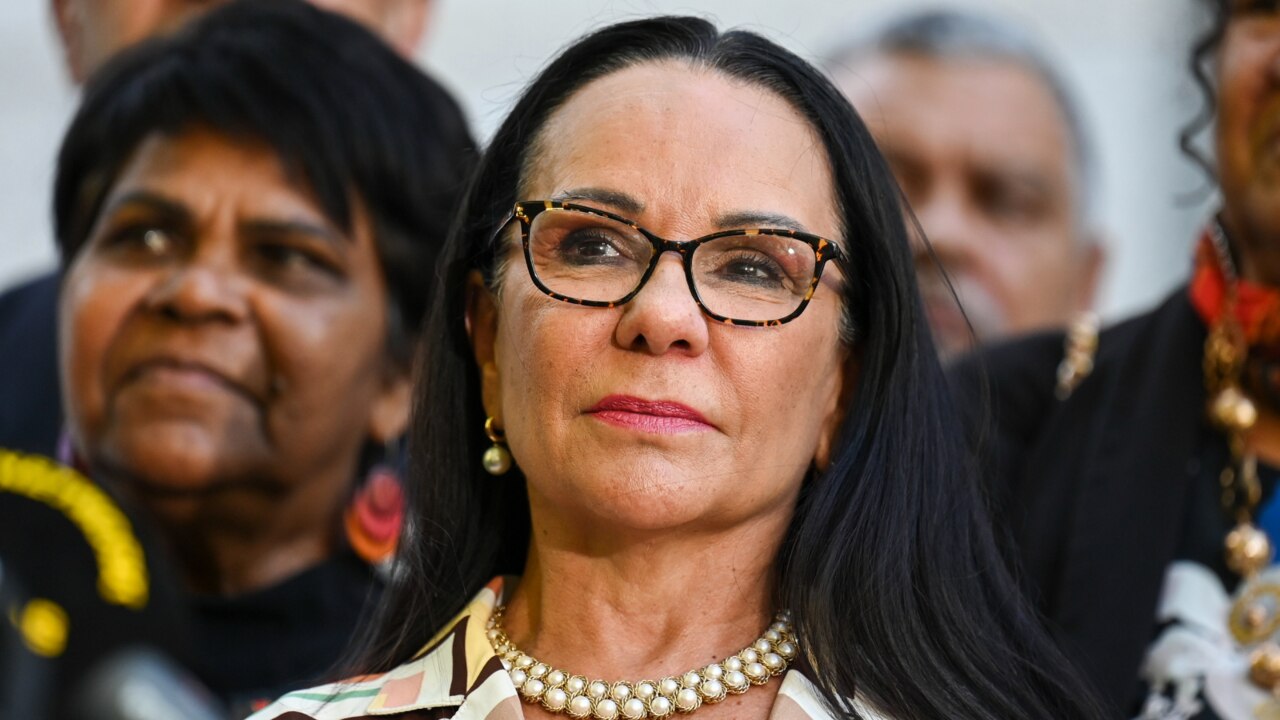
Leaders
Don't miss out on the headlines from Leaders. Followed categories will be added to My News.
Anthony Albanese has pushed back against criticism of the Indigenous Voice by arguing the proposal came directly from Aboriginal and Torres Strait Islander people rather than the government.
The Prime Minister and Peter Dutton both fired up in parliament on Thursday afternoon as they reaffirmed their respective cases for and against the proposal to enshrine the advisory body in the Constitution.
Mr Albanese described the referendum on creating the Voice — expected to be held in October — as an opportunity for all Australians to listen and work with Indigenous people to achieve better outcomes.
“Indigenous people have an eight-year gap in life expectancy, a suicide rate twice as high, rates of disease and infant mortality and family violence so much worse than in the general community.
“Young men more likely to go to jail than to go to university. Among the worst incarceration rates in the world. Only four out of the 19 Closing the Gap targets are on track.
“Something is broken and fixing it should be above politics.”
Mr Albanese stressed that the idea of recognition through a Voice did not originate in Canberra but from Indigenous Australians themselves.

He delivered his speech not long after meeting with the chairs of four Northern Territory Aboriginal land councils, who travelled to Canberra to hand him the 2023 Barunga Declaration.
Signed by members of the Northern, Central, Tiwi and Anindilyakwa land councils at the Barunga Festival earlier this month, the declaration makes an impassioned request for Australians to vote “Yes” in the Voice referendum.
The Coalition has sought to paint the Voice as something that belongs to Mr Albanese or to the Labor Party, while the government maintains the Voice was the form of constitutional recognition Indigenous leaders asked for in the 2017 Uluru Statement from the Heart.
Right before Mr Albanese took to his feet in the House of Representatives on Thursday, the Opposition Leader delivered his own statement in which he said the government “wants Australians to vote on a vibe” without providing real details about the Voice.
Mr Dutton warned reconciliation between Indigenous and non-Indigenous Australians would be harmed if the Voice referendum failed, and called on Mr Albanese to recognise that.
As an alternative, Mr Dutton is proposing the referendum be changed to simply be about constitutional recognition for Indigenous Australians and that the government legislate the Voice.
“We believe that’s the moment that the Prime Minister should grasp, because the Australian public is not ready to vote for the Voice,” he said.
“We propose to legislate the Voice. Let’s do that. Let’s sit down and work together on the drafting of that. And make sure that Australians can understand how it works good and bad, but let them be informed.”
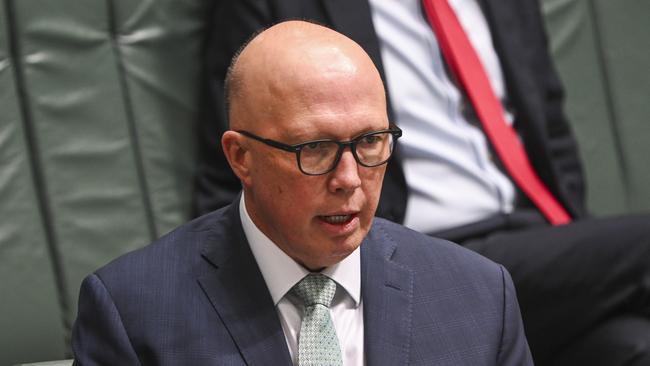
The parliament will have to legislate the Voice anyway, as a successful referendum would cement the advisory body in the Constitution without making permanent the specific details about it.
The government says the Voice will make representations to parliament and the executive government on matters that affect Indigenous people, with the details of how it will operate to be ironed out through the usual parliamentary processes involved in creating laws.
Earlier on Thursday, Mr Dutton renewed his call for the Voice to parliament referendum to be called off in an interview with Sydney’s 2GB Radio.
The government has been under pressure from the Opposition Leader to explain the extent of influence the Voice will have should Australians agree to establish the body at the upcoming referendum, due to be held between October and December.
Speaking with Sydney’s 2GB Radio, Mr Dutton said the “unintended consequences” could be significant and claimed its reach could extend to tax policy, the budget or even the chief of the defence force.
“They’re setting up a situation here where the Voice will be able to have an influence into every area of public administration,” the Opposition Leader said.
“It goes into every area of government responsibility. It’ll grind the whole system of government to a halt and the impact will be felt by everyday Australians, whether they live in an Indigenous community, out in the suburbs, or an regional town, or in a capital city.”
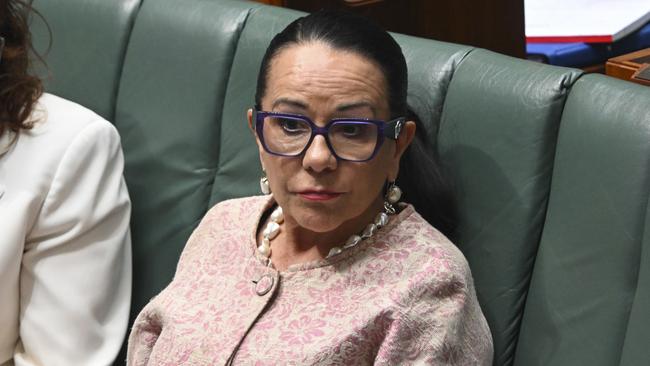
Mr Dutton said the vote should be called off – especially if opinion polls show the ‘yes’ vote continues to soften.
“I think the uncertainty and the danger that the Prime Minister is setting our country up for and the division that he’s creating is quite remarkable,” he said.
The opposition has spent much of the parliamentary week questioning Indigenous Australians Minister Linda Burney, demanding further detail about the Voice’s remit and whether that could extend to Australia Day.
Ms Burney has said she won’t be “bothered by culture wars” and told MPs she’s more focused on closing the gap.
But Mr Dutton remained unconvinced and on Thursday accused Ms Burney of “not having a clue”, suggesting she was trying to “con” Australians into voting for the Voice.
Mr Albanese has played down fears the Voice would have the power to change how laws are made and insisted the parliament will not be obligated to follow through on its recommendations.
“It will be a consultative body. It won’t have a right of veto over the parliament, it doesn’t change any ways in which our laws are made,” he told WSFM radio on Thursday morning.
“It simply will have the opportunity to have a voice on those matters that directly affect Aboriginal and Torres Strait Islander people.”
More Coverage
Originally published as Anthony Albanese pushes back as Peter Dutton calls for Voice referendum to be called off
Read related topics:Anthony Albanese


